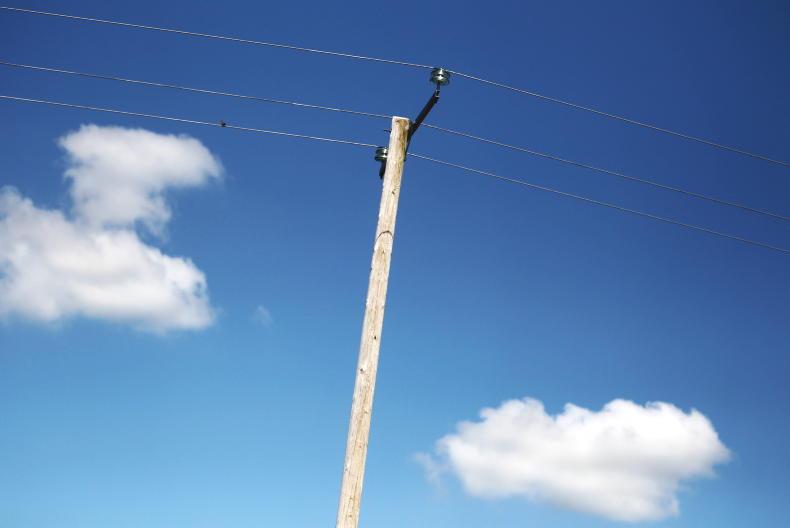The absence of a coherent national policy on energy generation and climate change has been lambasted by farm organisations.
Farm representatives asked how the Government can justify a possible limit or cut to livestock numbers, while facilitating uncontrolled expansion in the data storage sector, which they described as “ravenous” in terms of energy usage.
Farmers’ concerns follow confirmation that the ESB is set to ramp up electricity generation at its giant coal-burning facility in Moneypoint, Co Clare, this winter.
The ESB’s move, as reported in this week's Irish Farmers Journal, is in response to growing electricity demand as the economy fully reopens.
Increased usage
However, electricity demand has been exacerbated by increased usage by mega-energy sinks such as data centres.
The increased use of the Moneypoint power plant, which has been among the country’s largest generators of CO2 emissions since the 1980s, has sparked a furious reaction from farm organisations, since it comes as farmers brace themselves for strict controls on cattle numbers under new climate change measures.
Data centres
“It’s very difficult to take seriously the policy and speculation around herd reductions, where animal emissions are cited as something that has to be tackled, while the Government queues up the data centres from international corporations that provide little or no local employment, but are ravenous in terms of energy,” said ICMSA leader Pat McCormack.
McCormack said this “contradiction” in Government policy will have to be “acknowledged and dealt with”.
“Farming is a real economy with real presence and real prospects for local people. But it is being singled out for regulations and curbs, while data centres that can use the same energy as whole counties and employ a few technicians seem to be waved through,” the ICMSA leader said.
“It’s not on, and if some degree of equity and coherence is not introduced then the ‘Just Transition’ [to a green economy] is going to look like just a waste of time,” he maintained.
Government dysfunction
IFA’s environment and rural affairs chair Paul O’Brien expressed disappointment that the Government had chosen to revert back to the power generation technologies of the past.
“The plan to step up production at Moneypoint shows the dysfunction in Government policy on climate action," O'Brien said.
"Farmers could have a central role in reaching our renewable energy targets, which would help to decarbonise the economy.
"However, we need to see a coherent renewables policy that sends the right signals to farmers to get involved,” he maintained.






 This is a subscriber-only article
This is a subscriber-only article










SHARING OPTIONS: